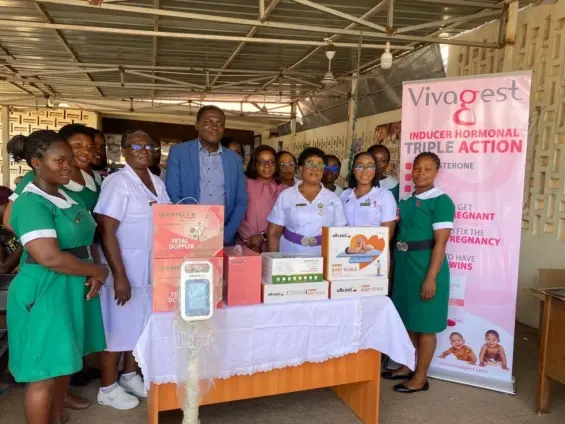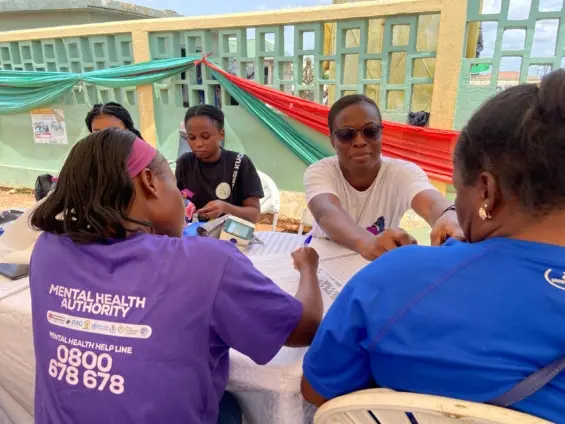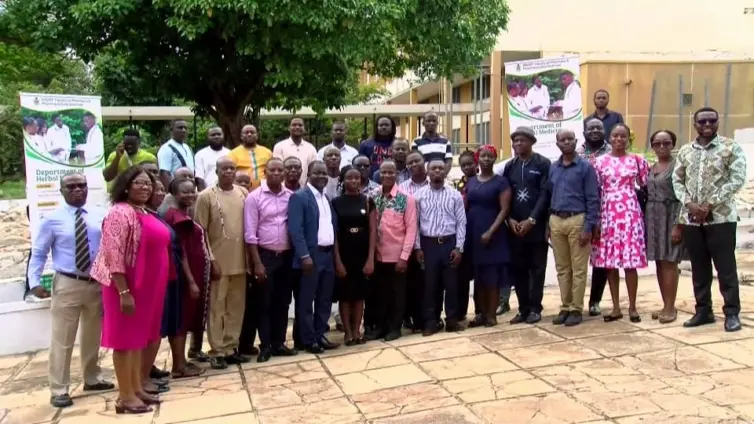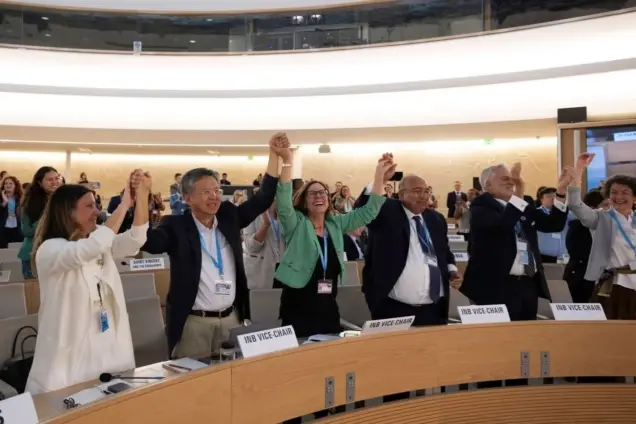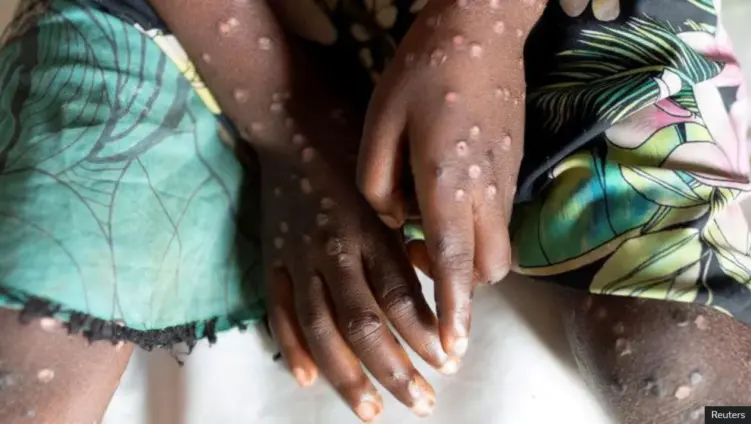The first minute of a newborn’s life can be the difference between survival and tragedy, particularly for infants struggling to breathe. A recent study from the Kwame Nkrumah University of Science and Technology (KNUST) in Kumasi, Ghana, throws this reality into sharp relief, highlighting the critical importance of immediate and effective resuscitation techniques. The KNUST study underscores that the actions taken within that initial 60-second window can dramatically improve outcomes, offering a lifeline to vulnerable newborns. Midwives, often the first responders in these situations, play a pivotal role, and the study, detailed in SAGE Open Nursing, sheds light on the simple yet profound interventions that can save lives.
The KNUST study, published in SAGE Open Nursing, meticulously examined the impact of immediate action on newborns struggling to breathe. Researchers observed 254 newborn deliveries across five hospitals between April and June 2022. The findings revealed that nearly half (48.8%) of these newborns required some form of breathing assistance. Crucially, in almost all of these cases (98.4%), midwives were the ones performing the necessary resuscitation, highlighting their indispensable role in newborn care. The study emphasizes that even basic interventions initiated within that crucial first minute can have a significant positive impact on newborn survival.
The study identified several key resuscitation techniques and assessed their effectiveness. Drying and warming the newborn were among the primary actions taken, along with back rubbing and gently flicking the baby’s feet. In cases where these initial measures weren’t sufficient, bag-and-mask ventilation was administered to nearly half (46%) of the newborns needing resuscitation. The data showed that drying and warming were most effective when performed immediately, with their impact diminishing by the fifth minute. Interestingly, foot flicking showed minimal benefit as a resuscitation technique.
Dr. (Mrs.) Lydia Boampong Owusu, the lead researcher of the KNUST study, emphasized the time-sensitive nature of newborn resuscitation. "Every second counts," she stated. "We saw that quick, basic actions like keeping the baby warm and stimulating them gently can be life-saving if done immediately after birth." Her insights underscore not only the importance of immediate intervention but also the critical role of midwives in providing this care. Dr. (Mrs.) Owusu also stressed the need for regular hands-on training to ensure that midwives maintain the confidence and competence necessary to effectively resuscitate newborns.
The evaluation of resuscitation efforts revealed that they were rated as impressive in 58% of cases and satisfactory in 39% of cases, with only 3% being rated as poor. This assessment provides valuable insights into the overall quality of newborn resuscitation practices within the studied healthcare facilities.
Looking to the future, Dr. (Mrs.) Owusu advocates for further research into technologies that can assist in newborn resuscitation. "Technology has the potential to bridge gaps, especially in low-resource settings, to improve newborn care," she explained. This call for innovation highlights the potential for technological advancements to further enhance newborn survival rates, particularly in areas where resources are limited.
The KNUST study serves as a powerful reminder that the first minute of a newborn’s life is a period of immense vulnerability, where swift and effective action can have a life-altering impact. The study underscores the importance of simple, immediate interventions like drying and warming, the critical role of midwives, and the potential for technological innovation to further improve newborn care. The insights gleaned from this research offer valuable guidance for healthcare professionals and policymakers alike, emphasizing the need to prioritize newborn survival and invest in the training, resources, and technologies that can make a difference. As healthcare providers, reflecting on how these findings can be integrated into practice is essential, ensuring every newborn receives the best possible start in life.
Image Source: MYJOYONLINE




